10 Tips to Lower Cholesterol
Cholesterol is a necessary building block for producing hormones, cellular membranes and digestive acids. However, the vast majority of people eat foods with significantly more cholesterol than they need. In fact, your body can make all the cholesterol it needs without adding anything to your diet.
Certain cholesterol-lowering medications are generally safe and effective. However, a heart-healthy lifestyle, including a healthy diet and exercise, can significantly reduce your cholesterol levels, in some cases in place of medication.
If you’re looking to improve your cholesterol levels, here are the top 10 tips to improve your heart health:
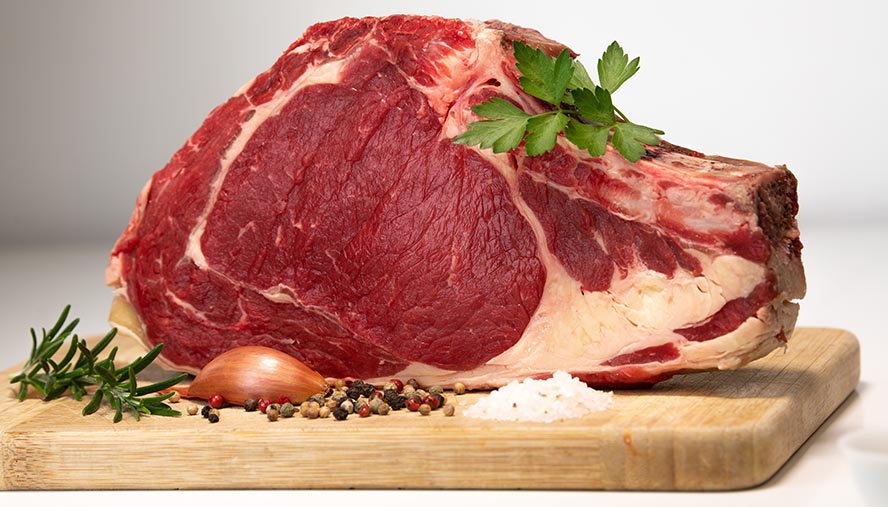
1) Avoid Bad Fats
Saturated, polyunsaturated and trans fats all raise low-density lipoprotein (LDL or "bad" cholesterol) levels. Saturated fats are found mainly in animal products and tropical oils, while trans fats are typically found in margarines, baked goods or anything containing "partially hydrogenated vegetable oil.”
The American Heart Association recommends keeping fats to less than 25 to 35% of total caloric intake each day, with saturated fats less than 7% and trans fats less than 1% of total caloric intake. We usually recommend eating even less when possible.
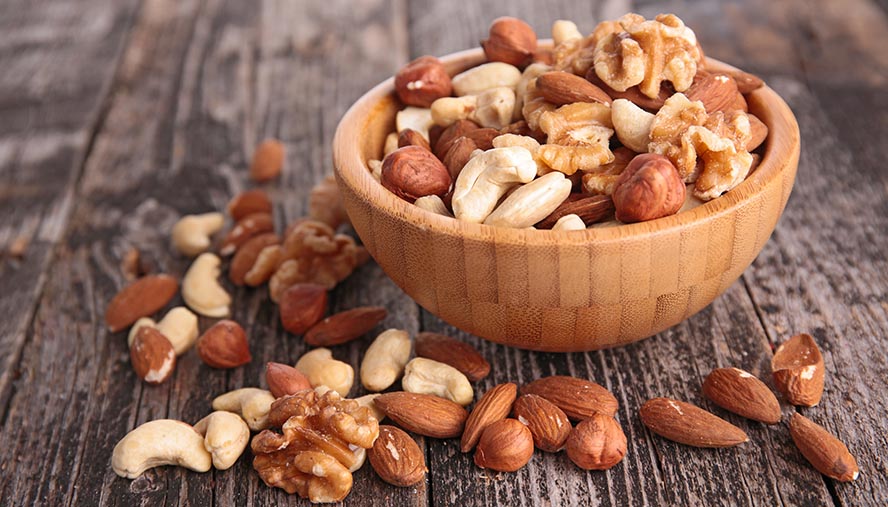
2) Increase Good Fats
There are positive benefits of eating "good fats" that are best demonstrated by the Mediterranean diet, or whole food plant-based diets which are low in saturated fats. Mono- and polyunsaturated fats — such as those found in olive oil, canola oil and nuts like walnuts and almonds — can be particularly beneficial to your lipid profile. There’s even some evidence that one brazil nut a week may help to lower the LDL bad cholesterol.
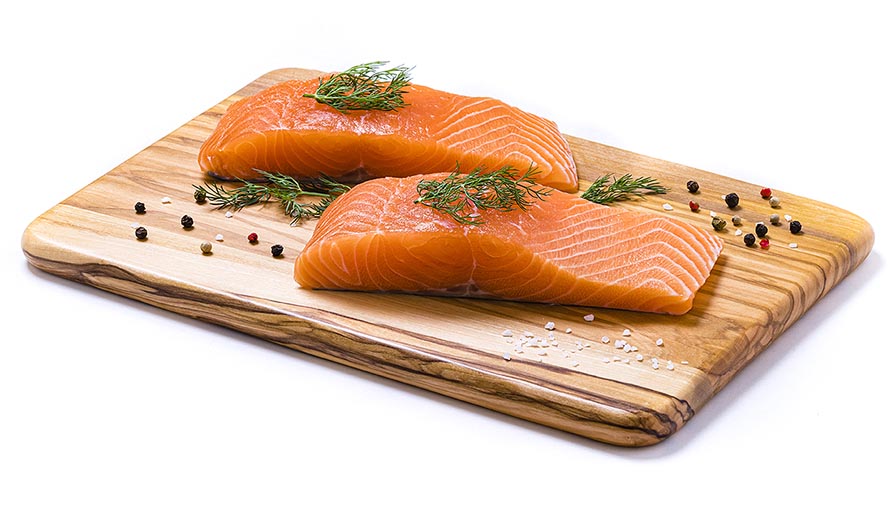
3) Eat Omega-3 Fatty Acids
Omega-3 fatty acids can lower triglycerides. Since omega-3 fatty acids are not produced by the body, we are dependent on foods like fish (salmon, herring, lake trout, sardines, tuna and fish oil supplements) and plants (soy, canola, flaxseed oils, walnuts and flaxseeds), which are rich in the healthiest omega-3s, EPA and DHA. We recommend plant-based sources that are lower on environmental impact than seafood, which can sometimes be contaminated with heavy metals, PCBs and other common marine toxins.
Two servings of fatty fish per week are an ideal way to add omega-3s to your diet, but flaxseeds or walnuts may be the easiest way to do so. If using supplements, plant sources of omega-3s are preferred over fish oil capsules.
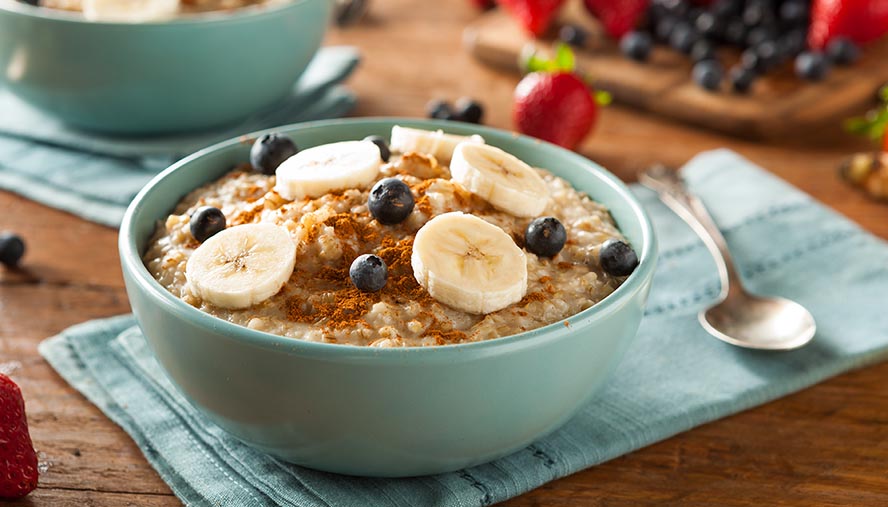
4) Increase Your Fiber Intake
Soluble fiber lowers the absorption of cholesterol in the intestines. Consuming 25 to 30 grams of soluble fiber a day from sources like oatmeal, bran, fruits and vegetables is not only associated with lower cardiovascular disease risk, but can also reduce risks of certain cancers and can even affect energy levels, performance and bone density.

5) Exercise Every Day
Exercise can raise HDL (high-density lipoprotein or "good" cholesterol) approximately 5% within two months of starting a program, while lowering triglycerides and LDL.
Aim for 30 minutes of moderate-intensity aerobic activity per day, five days a week, with strength training at least two days per week to maintain muscular endurance. Remember to consult your doctor before initiating an exercise program.

6) Lose Excess Weight
Excess weight lowers high-density lipoprotein (HDL) cholesterol (a component that helps remove "bad" cholesterol from the body). Meanwhile, it raises triglycerides. A higher level of triglycerides (a type of fat) can cause problems for the heart. Weight loss tends to raise HDL and lower triglycerides.

7) Quit Smoking
We all know that smoking is bad for your heart. What you may not know is that smoking lowers HDL, which in turn can raise LDL.
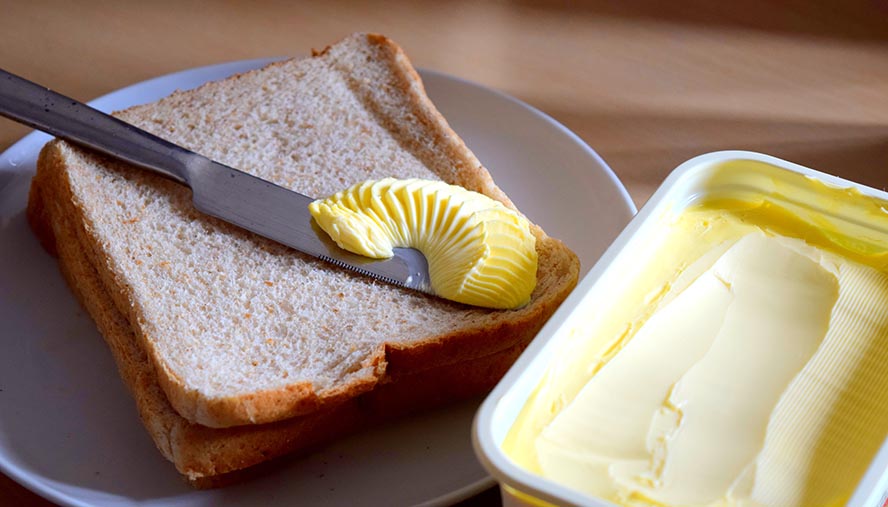
8) When Needed, Use Margarine with Plant Sterols/Stanols
Many margarines are now not only trans fat-free but also contain heart healthy plant stanols and sterols. Plant sterols and stanols (essential components of plant membranes) are structurally similar to cholesterol, thereby reducing intestinal absorption of cholesterol. Use these instead of butter, but since they are high calorie, don’t overdo it!

9) Watch the Alcohol
The information surrounding alcohol and heart disease can be confusing for patients and doctors alike. However, significant alcohol intake can fuel high triglycerides (and even be linked to high blood pressure) and cause liver problems, particularly if you take cholesterol-lowering medications.
If you have high triglycerides, it's best to minimize if not avoid alcohol altogether.
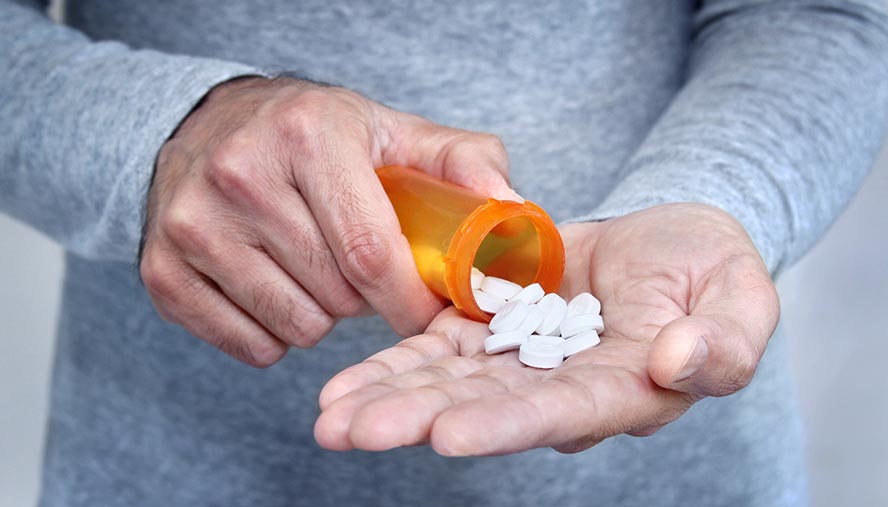
10) Take Cholesterol Medication If Prescribed
Plaque development in the arteries is an inflammatory disease; certain cholesterol medications may lower the risk or development of this disease process. The latest guidelines for treating high cholesterol focus now on one’s overall cardiovascular risk rather than specific numbers.
This information has been approved by Howard D. Weinberger, MD, FACC and Andrew Freeman, MD, FACC, FACP
